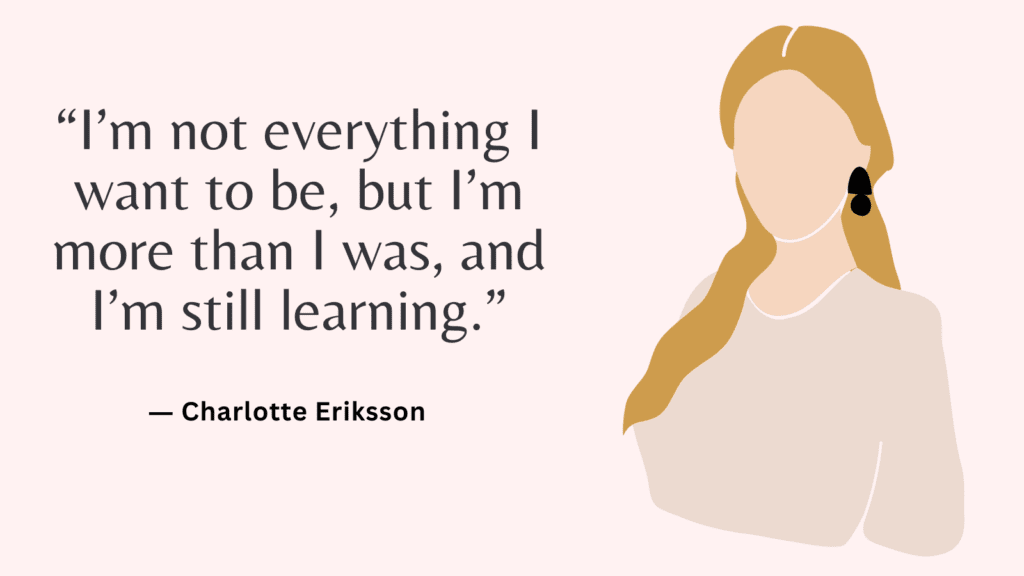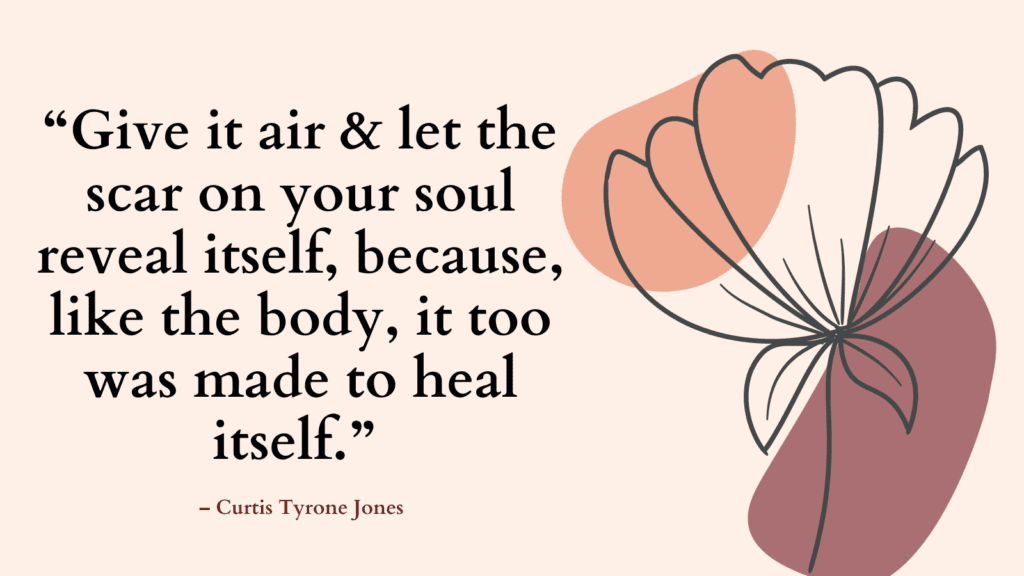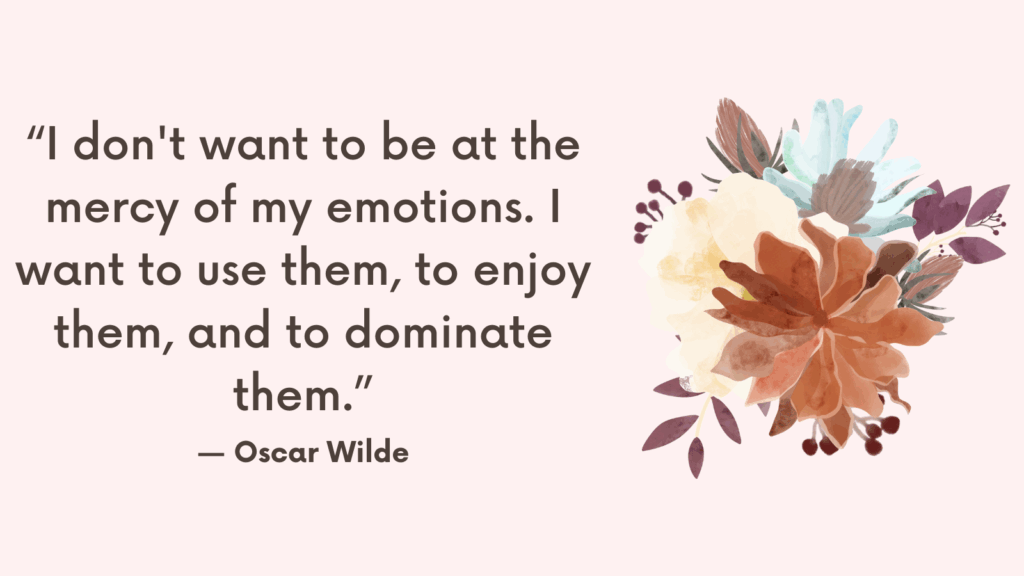In this post you’ll learn all about overgeneralization – examples and ways to avoid this thinking error.
What Is Overgeneralization?
Overgeneralization is a cognitive distortion that involves making broad and sweeping statements or conclusions based on limited evidence or experiences.
This means that it involves taking one negative experience, instance or trait and applying it to all situations, people or things as a general rule.
It can lead to negative thinking patterns and biased views of the world.
Related: What Causes Cognitive Distortions? (+Top 10 Common Cognitive Distortions & How To Challenge Them)
Examples of Overgeneralization
1. “I failed this test, so I’m going to fail all my exams.”
2. “All doctors are money-hungry and don’t really care about their patients.”
3. “Everyone in the city is rude and unfriendly.”
4. “All politicians are corrupt and dishonest.”
5. “I can’t trust anyone because everyone always lets me down.”
6. “All men are selfish and only think about themselves.”
7. “All teenagers are irresponsible and lazy.”
8. “I can’t stand spicy food because I tried it once and didn’t like it.”
9. “I always mess up when I have to speak in public, so I’ll never be good at it.”
Related: Best 10 Intrusive Thoughts Books
10. “I got rejected from one job application, so I’ll never get hired anywhere.”
11. “My last relationship didn’t work out, so I’ll never find love again.”
12. “Every time I try something new, it always ends in disaster.”
13. “No one ever likes me.”
14. “Nobody will ever want to date me.”
15. “All companies are dishonest and only care about making money.”
16. “People from certain countries are all dangerous.”
Related: How To Stop Self-Critical Thoughts Using These Top 10 Techniques
17. “Everyone who owns a luxury car is materialistic.”
18. “All lawyers are greedy.”
19. “All white people are privileged.”
20. “All poor people are lazy.”
21. “All skinny people are anorexic.”
22. “All millennials are entitled.”
Related: Top 10 Practical CBT Exercises For Generalized Anxiety Disorder Relief
How Overgeneralization Affects Our Lives?
Overgeneralization can occur in many areas of life and can have negative effects on mental and emotional well-being.
Here are some examples:
1. Relationships: If someone has a negative experience in a relationship, they may start to believe that all relationships will be the same. This can result in a fear of commitment or an unwillingness to pursue new relationships.
2. Self-Image: If someone has a negative experience at work or school, they may overgeneralize and conclude that they are incompetent or worthless. This can damage their self-esteem and confidence.
3. Health: Overgeneralizing can also affect one’s health. For example, if someone believes that all healthy foods are tasteless and boring, they may avoid them altogether, leading to poor nutrition and health outcomes.
4. Decision-Making: Overgeneralization can also lead to poor decision-making. If someone has a negative experience with a particular product or service, they may avoid it altogether, even if it could be beneficial.
Overall, overgeneralization can limit our experiences and opportunities, creating unnecessary stress and anxiety.
By challenging these beliefs and seeking out contrary evidence, we can reduce the impact of overgeneralization on our lives.
Related: Journal Prompts For Anxiety (+FREE Anxiety Worksheets)
How To Avoid Overgeneralization?
Here are some tips on how to avoid overgeneralization:
1. Be aware of your thoughts and assumptions
Try to notice when you are making sweeping statements or generalizations about a group of people or situation.
Reflect on whether your conclusions are based on facts or limited experiences.
2. Look for evidence
Search for facts, research and data to support your opinions or beliefs.
This can help you to have a more balanced and informed view of the situation or topic.
You may find the following prompts helpful to challenge overgeneralization:
1. Think of a time when you made a mistake. Did it define you as a person? Write down what you learned from the experience.
2. Recall a time when someone else made a mistake. Did you automatically assume that they are always careless or incompetent? Write down why it is important to give people the benefit of the doubt and avoid overgeneralization.
3. Make a list of your strengths and weaknesses. Do your weaknesses define you as a whole person? Write down how you can work on improving your weaknesses without letting them negatively affect your self-esteem.
4. Think of a situation where you received criticism. Did you perceive it as a personal attack? Write down how you can detach yourself from the criticism and view it as an opportunity for growth.
5. Consider your beliefs about certain groups of people (e.g., race, gender, sexuality). Are these beliefs based on stereotypes or factual evidence? Write down how you can challenge your assumptions and develop a more nuanced understanding of different identities.
Related: How To Overcome Agoraphobia Without Medication? 9-Step Guide To Control Panic Attack In Public
3. Consider other perspectives
Try to see things from different points of view, including those that may be different from your own.
This can help you to avoid making assumptions based on your own biases or experiences.
4. Avoid using absolute terms
Words such as “always”, “never”, “everyone” or “no one” can lead to overgeneralization. Instead, use more moderate language such as “sometimes”, “often” or “most”.
5. Be open to change
Be willing to adjust your opinions or beliefs when new information or evidence becomes available.
This can help you to avoid rigid thinking and further reduce the likelihood of overgeneralization.
Related: Negative Core Beliefs List (& 8 Tips On How To Challenge Them)
Overgeneralization Worksheets
Conclusion
Overgeneralization is a cognitive bias where we make a broad, sweeping statement about a group of people or situations based on just a few observations or experiences.
It can be harmful and inaccurate because it ignores the diversity within a group or situation and can lead to stereotyping and discrimination.
It is important to avoid overgeneralization and instead focus on understanding individuals and contexts on a case-by-case basis. This helps us build more meaningful and respectful relationships and leads to a more inclusive and diverse society.




